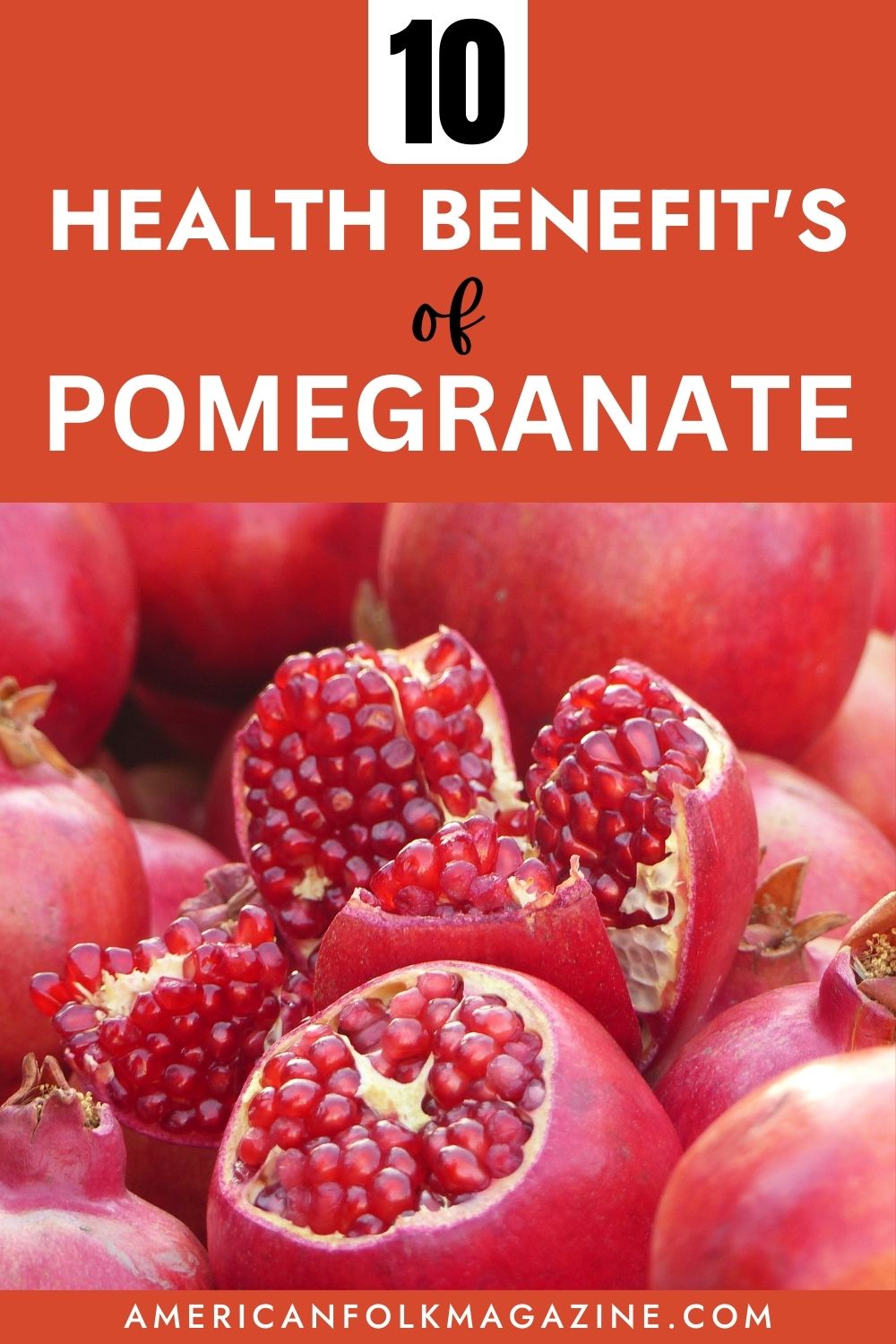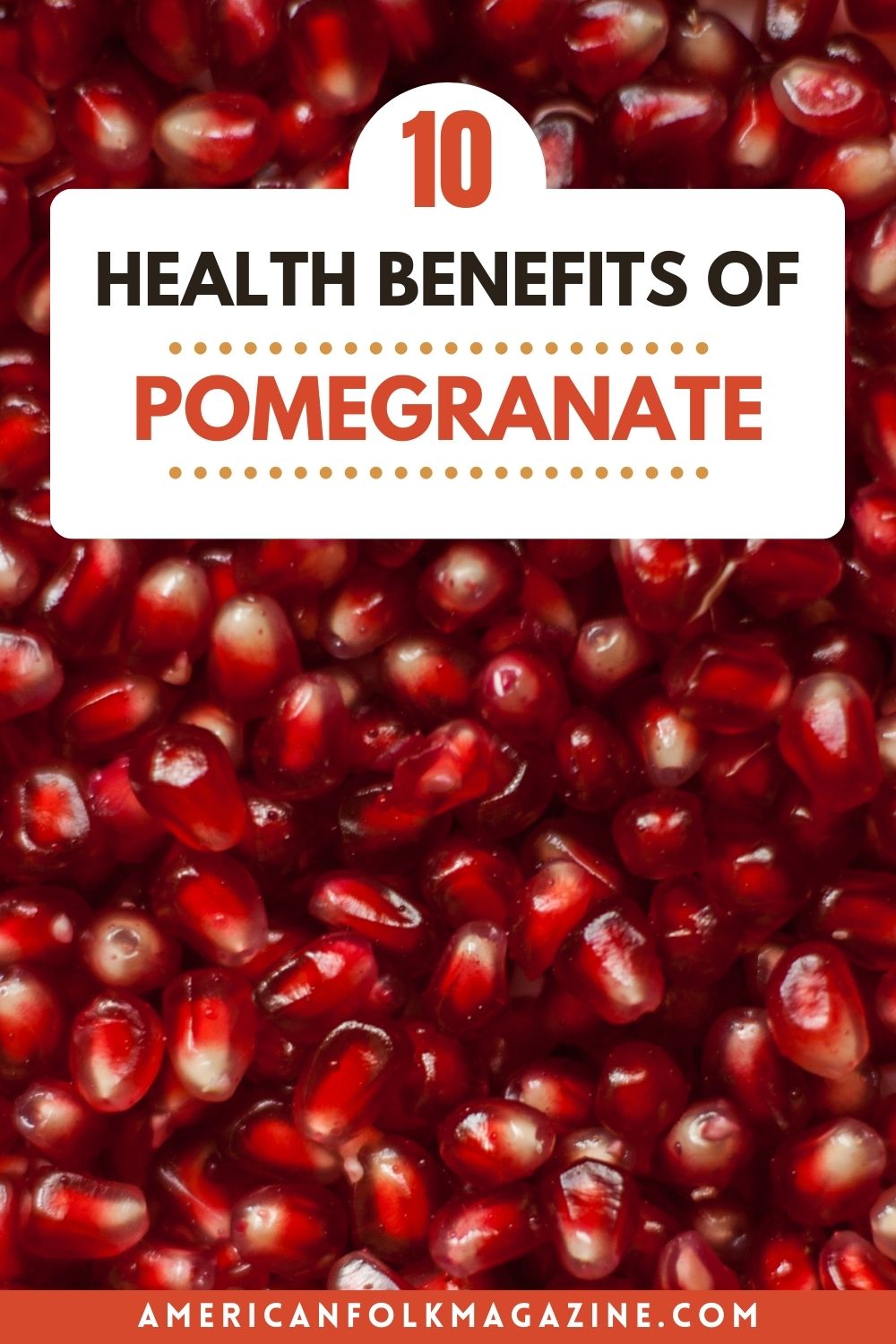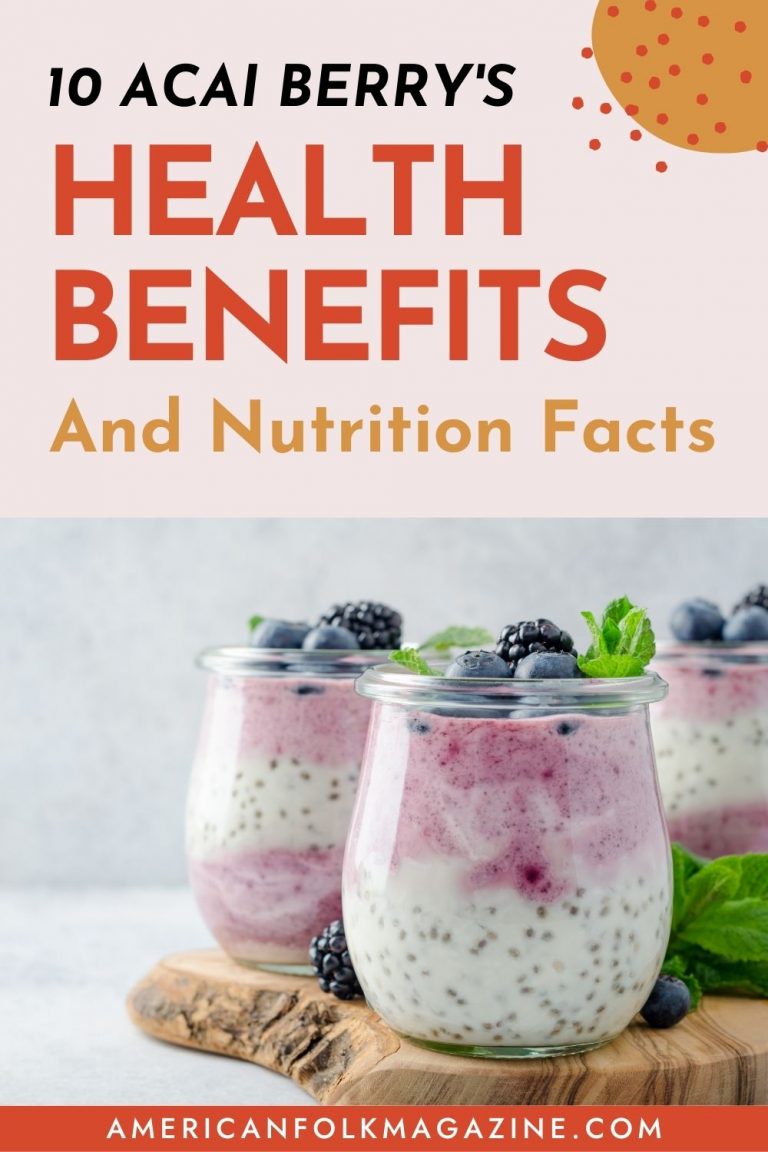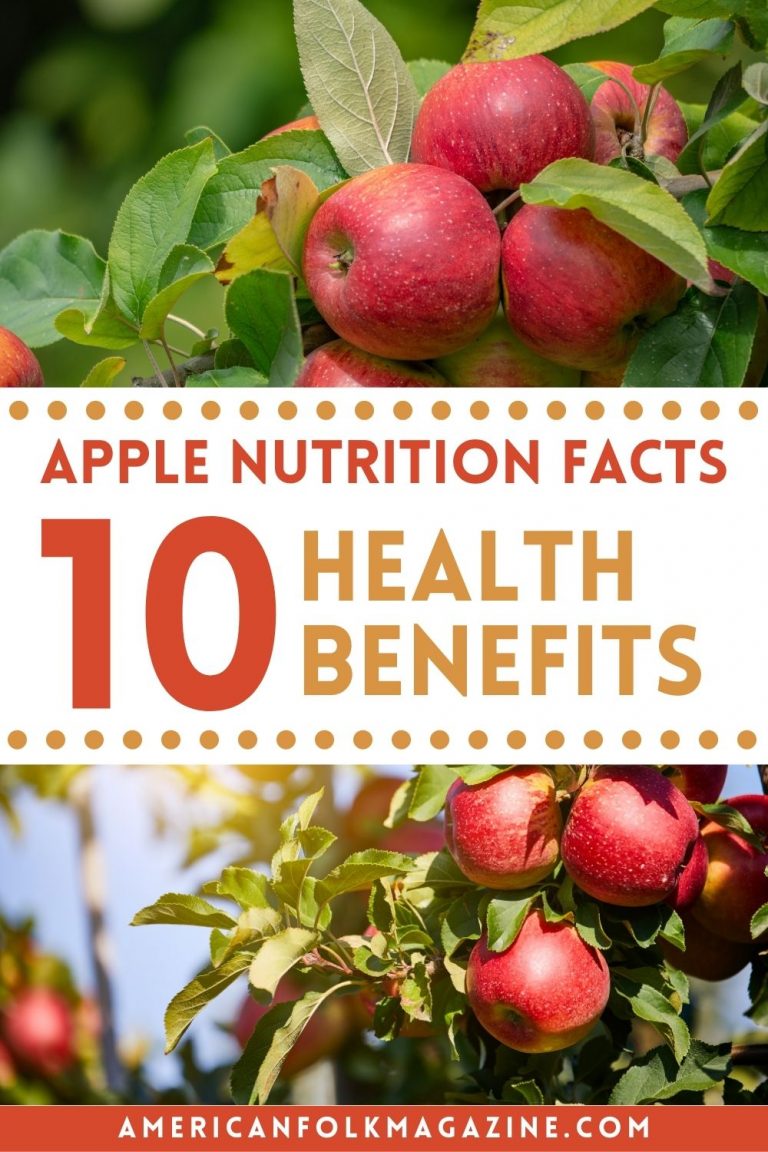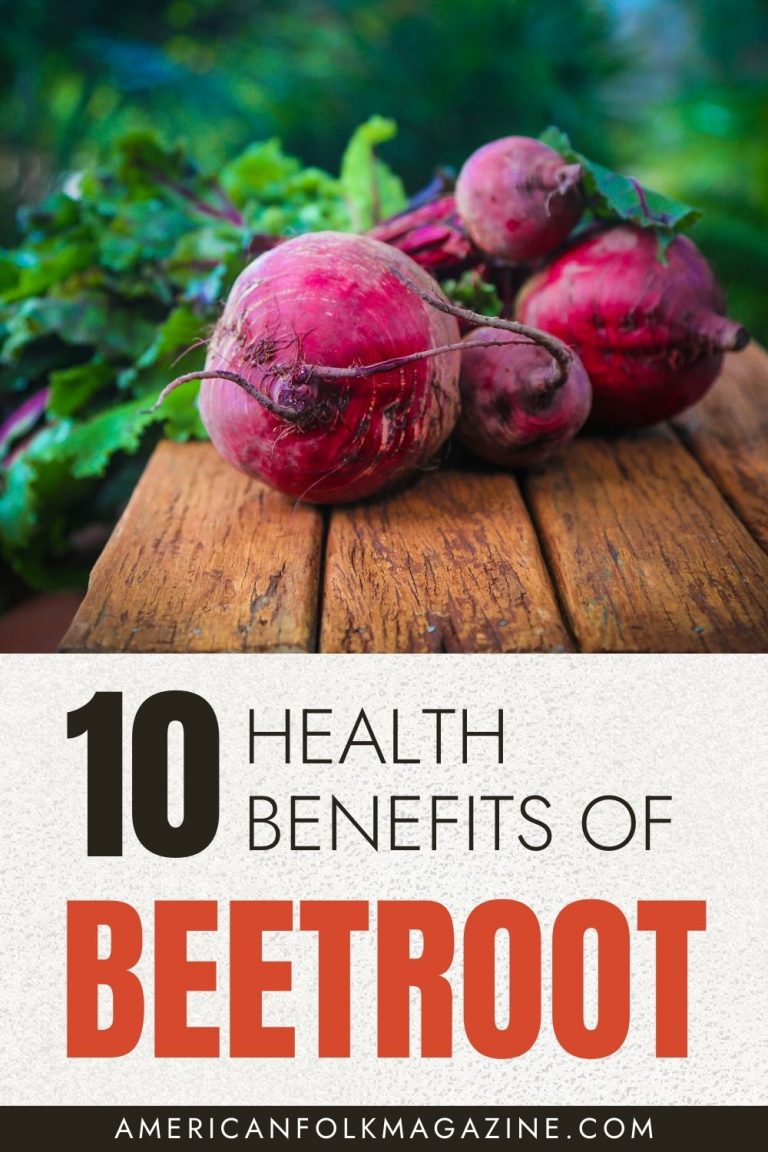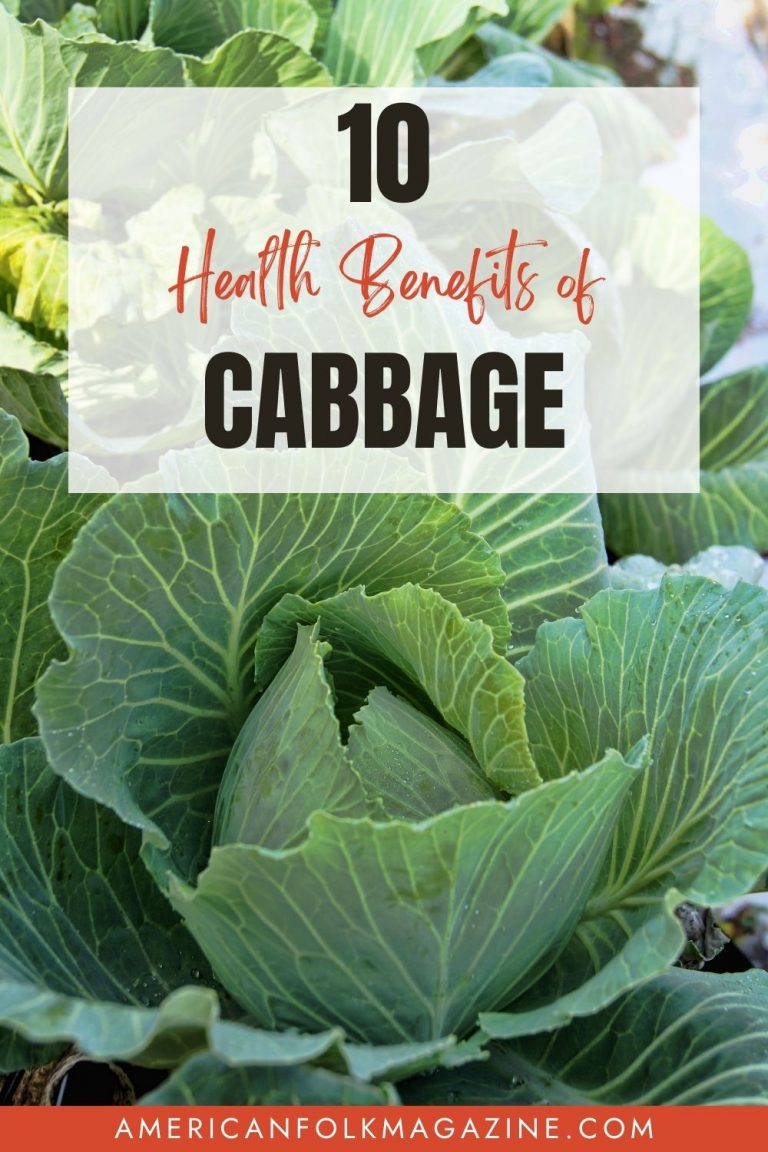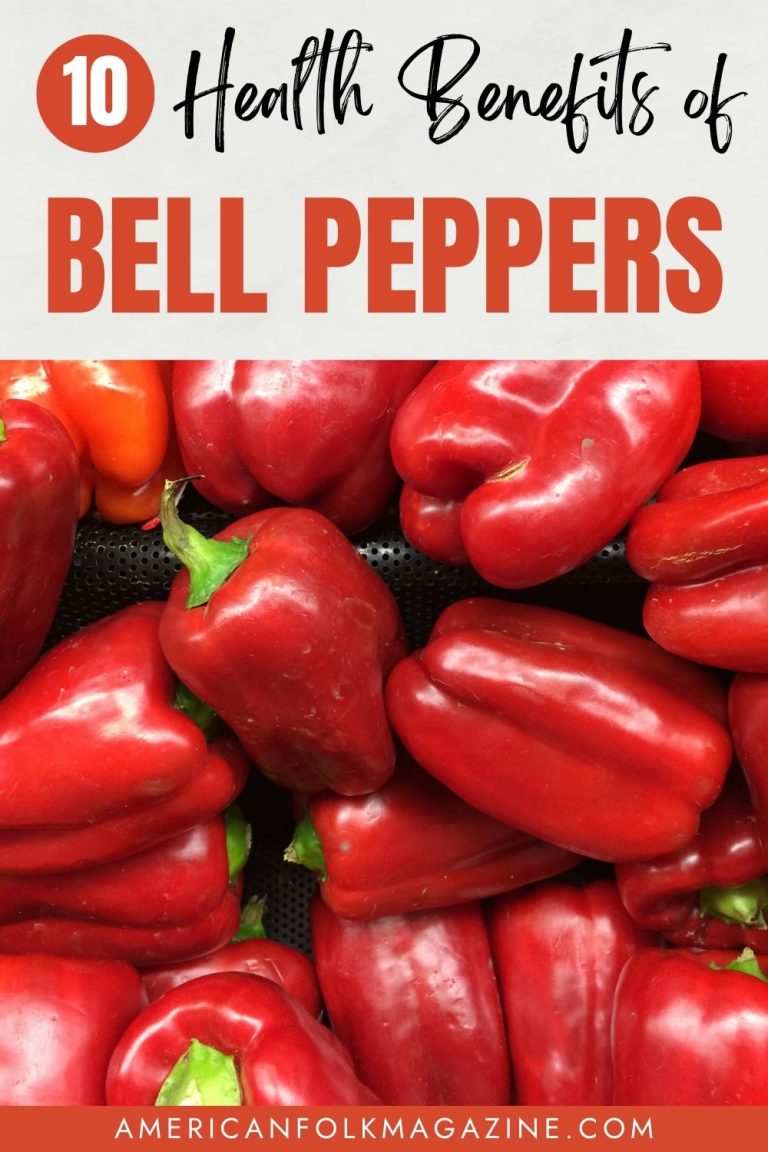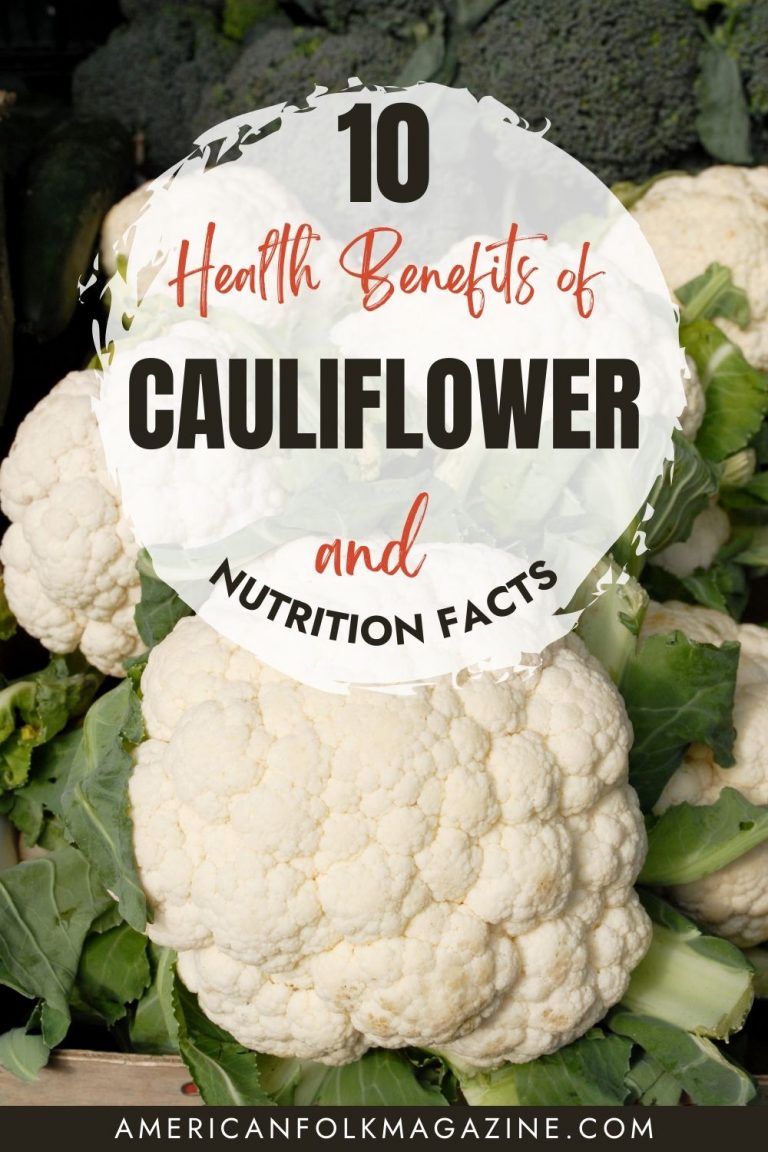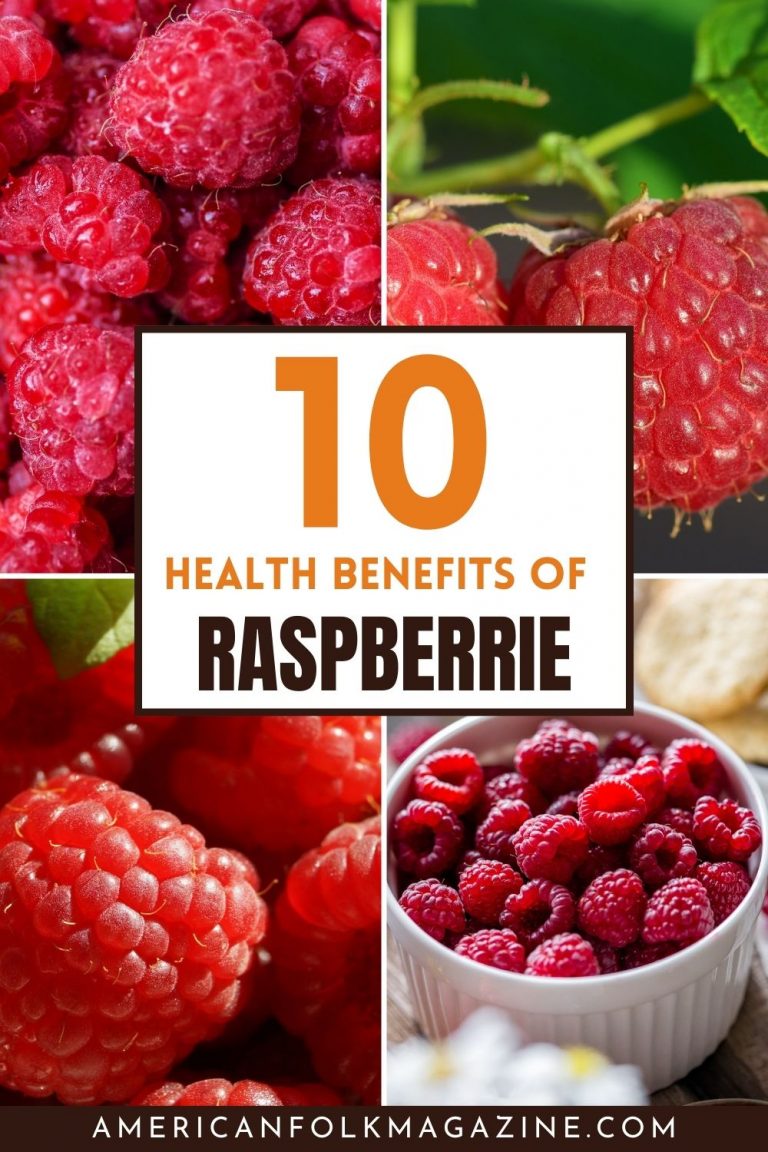Pomegranates (Punica granatum) are among the healthiest fruits on Earth. Rich in antioxidants, vitamins, and minerals, this vibrant red fruit has been revered as a symbol of health, fertility, and eternal life.
With its sweet and tangy taste, pomegranates are not only a delightful treat but also a nutritional powerhouse.
Let’s explore the nutritional facts and uncover the 10 remarkable health benefits of pomegranates.
Nutritional Facts
Pomegranates are packed with essential nutrients that contribute to overall health and well-being. Here’s a breakdown of the nutritional content in a single pomegranate (approximately 282 grams):
| Nutrient | Amount |
|---|---|
| Calories | 234 kcal |
| Protein | 4.7 g |
| Fat | 3.3 g |
| Carbohydrates | 52.7 g |
| Fiber | 11.3 g |
| Sugars | 38.6 g |
| Vitamin C | 28.8 mg (48% DV) |
| Vitamin K | 46.2 mcg (58% DV) |
| Folate | 107 mcg (27% DV) |
| Potassium | 666 mg (19% DV) |
These nutritional components make pomegranates a valuable addition to a healthy diet, providing essential vitamins and minerals that support various bodily functions.
10 Health Benefits of Pomegranates
Pomegranates are more than just a tasty fruit; they’re a treasure trove of health benefits. Here’s a look at 10 ways pomegranates can boost your well-being:
1. Rich in Antioxidants
Pomegranates are loaded with antioxidants, which help protect the body’s cells from damage by free radicals. These antioxidants, including polyphenols and anthocyanins, contribute to heart health and may reduce the risk of chronic diseases.
2. Supports Heart Health
Regular consumption of pomegranates has been linked to lower blood pressure, reduced cholesterol levels, and improved heart function. The antioxidants in pomegranates support healthy blood vessels and may prevent heart disease.
3. Anti-Inflammatory Properties
The compounds found in pomegranates have anti-inflammatory effects, helping to reduce inflammation in the body. This can be beneficial for individuals with arthritis or other inflammatory conditions.
4. Aids in Digestion
With a substantial amount of fiber, pomegranates can aid in digestion and promote regular bowel movements. They are a natural remedy for constipation and support a healthy gut.
5. Enhances Exercise Performance
Pomegranates contain dietary nitrates, which may improve exercise performance by enhancing blood flow. Athletes and fitness enthusiasts may find pomegranates a valuable addition to their diet.
6. May Reduce Cancer Risk
Some studies suggest that pomegranates may have anti-cancer properties, particularly in preventing breast and prostate cancer. The antioxidants in pomegranates may inhibit cancer cell growth.
7. Supports Immune Function
Rich in vitamin C, pomegranates can boost the immune system, helping the body fight off infections and illnesses.
8. Improves Memory and Brain Function
Pomegranates have been shown to improve memory and cognitive function, making them a brain-boosting food. They may also reduce the risk of Alzheimer’s disease.
9. Promotes Healthy Skin
The antioxidants in pomegranates contribute to healthy, glowing skin. They may reduce signs of aging and promote skin regeneration.
10. Aids in Weight Management
Low in calories and high in fiber, pomegranates can be a satisfying snack that aids in weight management. They provide fullness without adding unnecessary calories.
How to Incorporate Pomegranates into Your Diet
Pomegranates are versatile and can be easily added to various dishes and meals. Here’s how you can enjoy this nutritious fruit:
Breakfast Boost
Sprinkle pomegranate seeds on your morning yogurt, oatmeal, or smoothie for a refreshing and antioxidant-rich start to your day.
Salads and Sides
Add a burst of color and flavor to salads by tossing in pomegranate seeds. They pair well with nuts, cheese, and leafy greens.
Main Course Magic
Pomegranate juice can be used to create delicious marinades and sauces for meat and fish dishes. Its tangy flavor adds depth and complexity to your main course.
Healthy Snacking
Enjoy pomegranate seeds on their own or mixed with nuts for a satisfying and healthy snack. They’re perfect for curbing hunger between meals.
Dessert Delight
Incorporate pomegranate seeds into desserts like parfaits, tarts, or sorbets. They add a touch of sweetness without the guilt.
Beverage Bliss
Pomegranate juice makes a refreshing drink on its own or as a base for cocktails and mocktails. It’s a hydrating and flavorful option.
Potential Side Effects and Precautions
While pomegranates are generally considered safe and beneficial, there are some potential side effects and precautions to be aware of:
1. Allergic Reactions
Though rare, some individuals may have an allergic reaction to pomegranates. Symptoms may include itching, swelling, or difficulty breathing. If you experience any of these symptoms, seek medical attention.
2. Drug Interactions
Pomegranates may interact with certain medications, such as blood thinners and blood pressure drugs. Consult with a healthcare provider if you are on any medications to ensure that pomegranates are safe for you to consume.
3. Gastrointestinal Issues
Consuming pomegranates in large quantities may lead to gastrointestinal discomfort, such as bloating or diarrhea. Moderation is key to avoiding these issues.
4. Caloric Consideration
While pomegranates are nutritious, overindulging in pomegranate juice can add extra calories and sugar to your diet. Opt for whole pomegranate seeds or unsweetened juice to maintain a balanced diet.
5. Dental Concerns
The acidity in pomegranate juice may affect tooth enamel if consumed in excess. Rinsing your mouth with water after drinking pomegranate juice can help mitigate this effect.
Final Thoughts
Pomegranates are rich in antioxidants, fiber, and a variety of vitamins and minerals. They may also help protect against cancer, support exercise endurance, and prevent harmful germs. Enjoy this tasty, nutritious addition to your diet and explore the many ways it can enhance your health.
References
- FoodData Central (usda.gov)
- Calories in Pomegranate (nutritionix.com)
- Pomegranates: Health Benefits, Nutrients per Serving, Preparation Information, and More (webmd.com)
- Pomegranates: Nutrition, Health Benefits, and More (everydayhealth.com)
Pin it to Your Board
